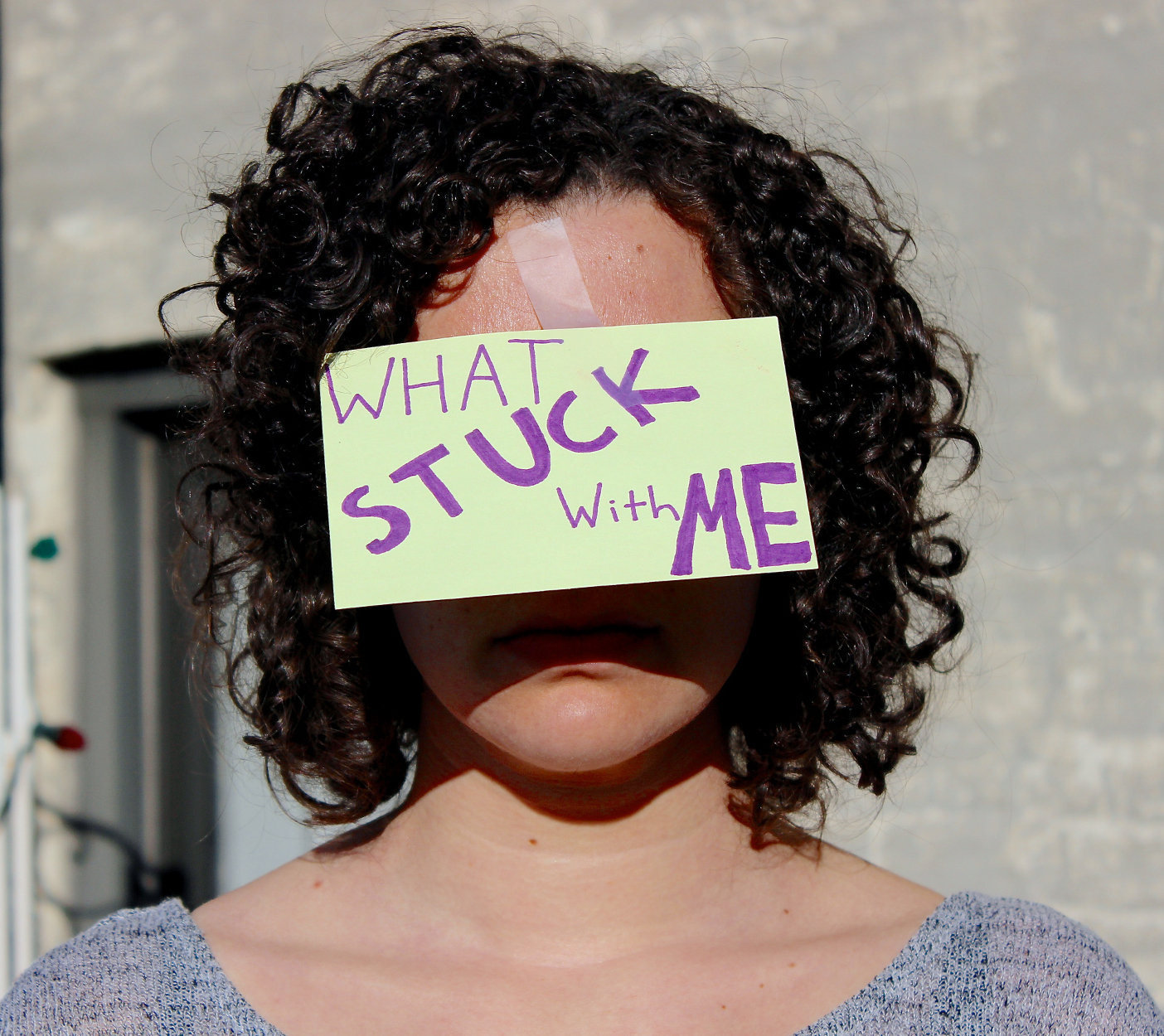"I'll see you in August."
/I had a lot of issues with depression and suicidal thoughts in high school. Junior year, I took a college history class with a teacher who was known to be laid back.
When the end of the year neared, I became wary of the summer because I would no longer see this wonderful teacher. He had become the only thing I looked forward to, and I think he knew that.
When I went to say goodbye, I asked him, "What was your favorite part of this year?"
He smiled and said, "You were my favorite."
With a few tears cascading down my face, I said, "I'll miss you, you know?"
And he nodded, smiling, and said, "And I'll see you in August."
It was because of him telling me I had to be back there in August that I stopped feeling suicidal. I stopped feeling as sad. Following a pretty awful breakup that summer, and a summer of pains, coming back to school and seeing my teacher's bright face and calming demeanor made me feel whole again.
I realized that he wasn't just my teacher. He surpassed that and became my friend. And seeing his face light up with such simple joys, well, it made me feel at home. And there is no place I'd rather be.
